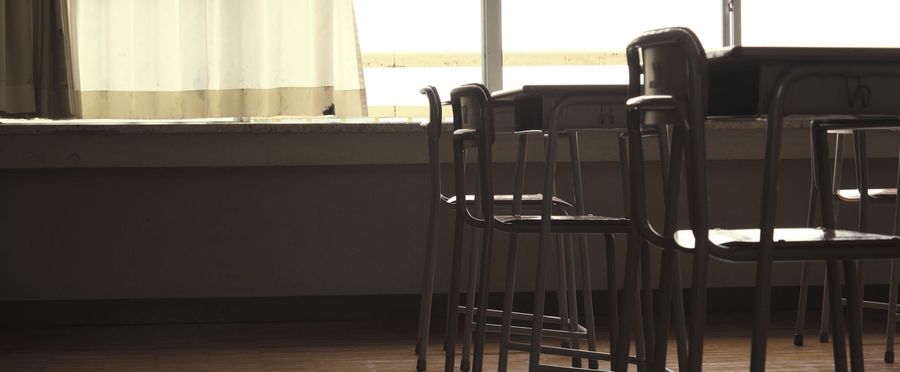Japan has experienced a record-breaking rise in the number of elementary and junior high school students refusing to attend school, with a total number reaching 354,000, the highest ever documented. Although the reasons behind this surge haven't been expounded, it's a grim reflection on the state of the country's education system as well as the mental health and well-being of young students. While efforts to tackle the issue are ongoing, the trend poses a significant challenge for educators, social workers, and policymakers alike.
In Japan, the phenomenon of not attending school, or "futoko", is a serious societal issue that is often linked to psychological distress among students. The Japanese society places high value on education, with the prevailing perception of success heavily tied to academic achievement. This has led to immense pressure and stress being placed on students. The recent surge in school truancy may indicate a critical issue in Japan's education system and social setup that needs urgent attention and reform.
In the US or EU, truancy is treated as a serious issue as well, but with notable differences in approach. The western approach often involves involving parents or guardians in truancy prevention efforts, counselling services, and legal actions. There is also a dominant narrative about the necessity of maintaining mental health and balance in life, which has resulted in discussions of lessening homework and academic burden on students.

